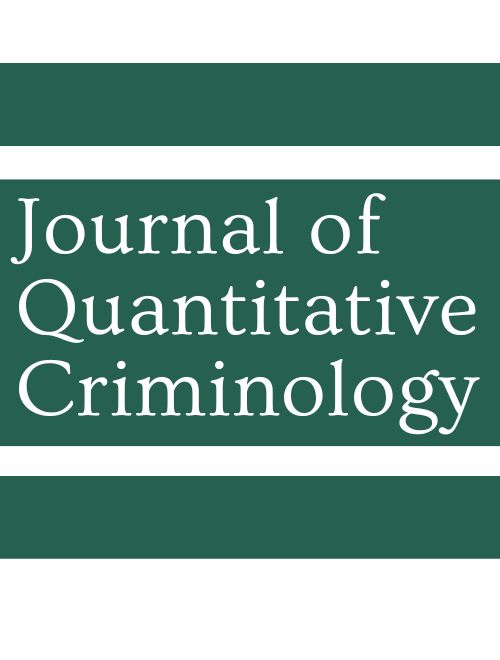Dr. Thomas Bryan Smith is an Assistant Professor of Criminal Justice & Legal Studies.
Research Interests
- Criminal and Illicit Networks: Understanding the structure and nature of interactions and relationships inherent to criminal behavior (gangs, co-offending, illicit entrepreneurship, etc.) using network scientific methods.
- Translational Criminology and the Science of Science: Evaluating the translation of evidence-based criminological scholarship into policy and practice; understanding the extraneous factors that influence the 'doing' of criminology.
- Sustainability: Examining the extent that criminal justice policy meets the needs of the present without compromising future generations’ needs; understanding criminology’s role in the United Nations’ sustainable development goals.
- Computational Social Science: Application of advanced computational methods (i.e., network science, natural language processing, machine learning) in the study of social and psychological phenomena.
Biography
Dr. Thomas Bryan Smith received his MS in Criminology from the University of Pennsylvania, and his Ph.D. in Criminology and Criminal Justice from the University of Florida. He worked as a resesearch assistant and subsequently a postdoctoral associate at the University of Florida's Bureau of Economic and Business Research (BEBR) for 5 years, applying network analysis, machine learning, and natural language processing methods to a variety of subjects including co-offending, scientific collaboration, and sustainability. He is currently an Assistant Professor in the Department of Legal Studies at the University of Mississippi.
As a computational social scientist, his primary research and teaching interests include: criminal and illicit networks; gangs, social support, and the code of the street; the translation of criminal justice research into policy; the role of criminal justice in sustainability. His work has appeared in Scientific Reports, Journal of Quantitative Criminology, Journal of Informetrics, Journal of Experimental Criminology, and Globilization and Health. Working in collaboration with Drs Brian B. Boutwell (University of Mississippi), Colleen Berryessa (Rutgers University), and Mia A. Thomaidou (Rutgers University), he was recently awarded seed and professional development grants by the University of Mississippi's Institute for Data Science with the goal of using natural language processing methods to evaluate agreement between criminological research and appellate court decision-making.
Publications

- Smith, Thomas Bryan, Luca Mantegazza, Raffaele Vacca, & Ilaria Capua (2023 Discovering new pathways toward integration between health and sustainable development goals with natural language processing and network science. Globalization and Health 19, 44. DOI: 10.1186/s12992-023-00943-8
- Novak, Abigail, Brian B. Boutwell, & Thomas Bryan Smith (2023) Taking the problem of colliders seriously in the study of crime: A research note. Journal of Experimental Criminology. DOI: 10.1007/s11292-023-09565-x
- Smith, Thomas Bryan, Raffaele Vacca, Luca Mantegazza, & Ilaria Capua (2021) Natural language processing and network analysis provide novel insights on policy and scientific discourse around Sustainable Development Goals. Scientific Reports, 11:22427. DOI: 10.1038/s41598-021-01801-6.
- Smith, Thomas Bryan, Till Krenz, Raffaele Vacca, & Christopher McCarty (2021). Great minds think alike, or do they often differ? Research topic overlap and the formation of scientific teams. Journal of Informetrics, 15(1): 101104. DOI: 10.1016/j.joi.2020.101104.
- Smith, Thomas Bryan (2021). Gang crackdowns and offender centrality in a countywide co-offending network: A networked evaluation of Operation Triple Beam. Journal of Criminal Justice, 73: 101755. DOI: 10.1016/j.jcrimjus.2020.101755.
Courses Taught
Education
B.A. Sociology, University of Birmingham (2014)
Ph.D. Criminology, Law, and Justice, University of Florida (2020)
